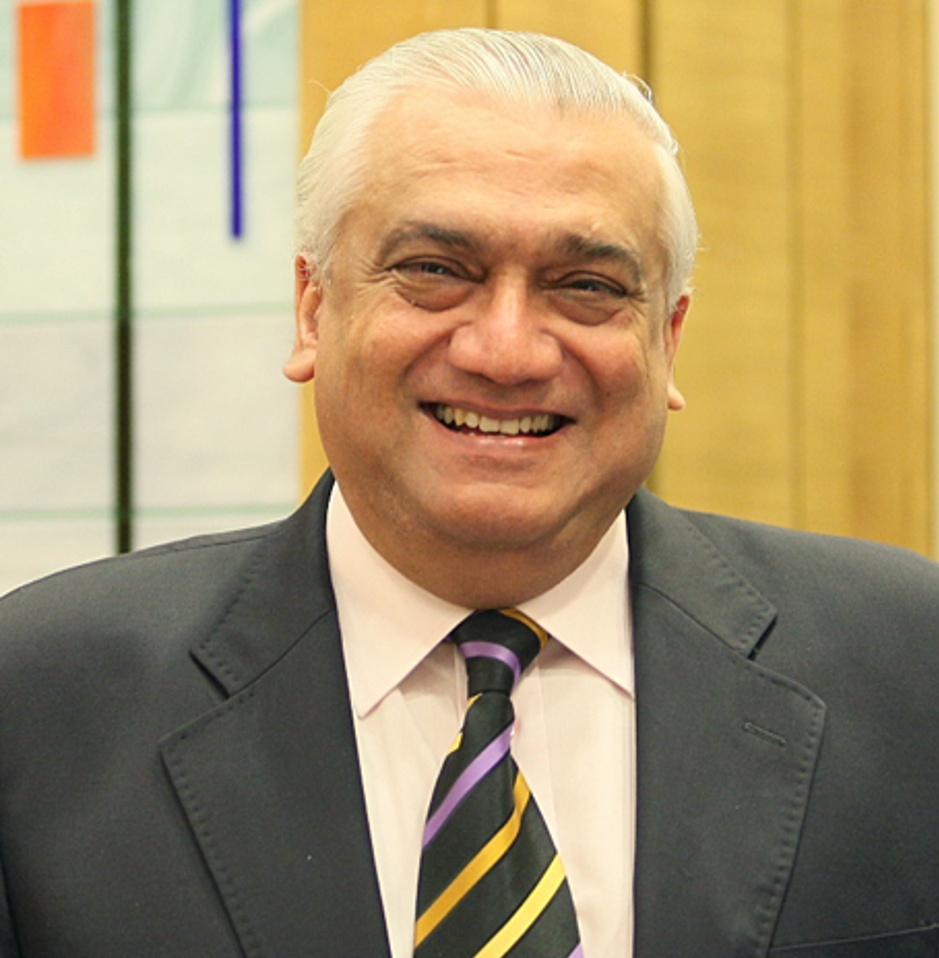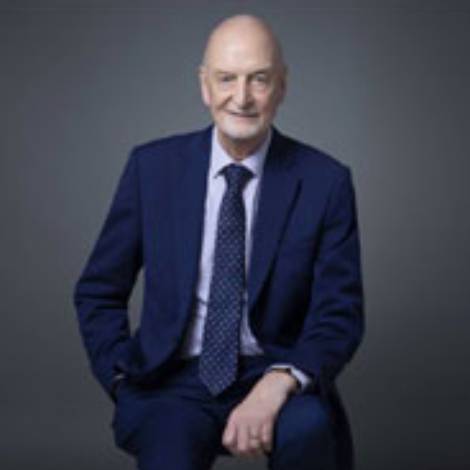Up to the end of the last century “Eurasia” was little more than a geographic concept, with little political significance and little real content in terms of connectivity, cooperation and exchange. Now the situation is radically different. At a rate which has surprised most observers, the Eurasian region, from East Asia to Western Europe and from the Indian subcontinent to Russia, has become a region marked by increasing economic cooperation and integration, infrastructural development and political realignment. Countries and regions which had previously been viewed as marginal to the global system (such as Central Asia) have taken on a new importance as links in the vital networks of roads, railways, oil pipelines and telecommunications which are binding the wider region together into an economic unity. On the political side, the Shanghai 2 Cooperation Organisation (SCO) is central to the development, bringing China, Russia, India, Pakistan and 4 Central Asian countries into a framework of political, and to some extent military and economic, cooperation. The SCO’s observer states include Iran and Afghanistan, and its dialogue partners include Armenia, Azerbaijan and Turkey. The countries of the Gulf Cooperation Council have yet to determine how they will relate to the new entity which is taking shape across Eurasia. They are on the southern fringes of the region and will be greatly affected by developments there: economically (with substantial benefits on offer, but also potentially negative effects), politically (in terms of how they align with the new power-groupings which are emerging), and possibly in terms of the infrastructural developments which could link them in to the new cross-continental networks. Although Iran has engaged with the Shanghai Cooperation Organisation, the GCC states have not, which is surprising given that the latter represents a power-bloc (or perhaps a series of power-blocs) which is already re-structuring the channels of power and influence in the world. The workshop represents an opportunity for Gulf research to branch out into areas not previously covered – in particular the states of Central Asia and the Caucasus. These are important in the new power grouping of Eurasia, not just in terms of membership of the SCO but also by virtue their engagement in other organisations which are associated with the SCO, such as the Eurasian Economic Community and the Collective Security Treaty Organisation. They are central to the developments of the Eurasian project, and their relations – existing and potential - with the Gulf states need to be given attention.
3 DAYS / 10 Workshops
MORE THAN 200 ACADEMIC PAPERS
Objectives and Scope of the Workshop
The workshop will seek to make a contribution relevant to policy-makers within the
GCC, by covering an area of policy-related concern which is likely to be critical to the
Gulf region in the future. The intention is to attract papers from a wide range of different
perspectives and geographical specialisations. Particular attention will be given to
attracting Gulf researchers, especially those who are at an early stage in their careers. It is
hoped that the workshop will enable them to test out their ideas and that through the
workshop they will have access to a range of contacts and expertise which will encourage
them to go further in their research.
It is to be noted that the three convenors of this workshop have worked together in
convening and participating in Asia-related GRM workshops on a number of previous
3
occasions. Over the years, an expanding network of those working in this field has been
developed, with a wide range of expertise and geographical scope. The forthcoming
workshop will open the opportunity for the 2018 participants to join this extensive body
of interactive researchers.

